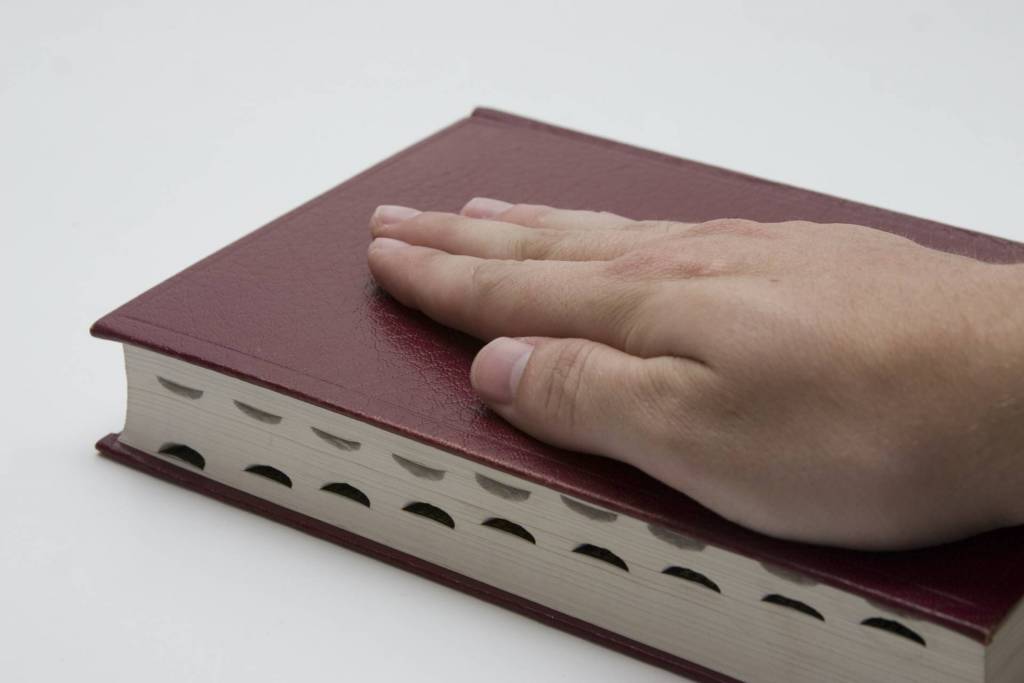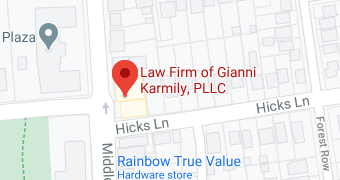It’s not difficult to be charged with a crime in this state. More than half-a-million arrests are made each year in New York. If you’re taken into custody in New York City or on Long Island, your top priority will be to contact a Nassau County arraignment attorney.
After an arrest, a defendant’s first courtroom hearing is called an arraignment. What happens at an arraignment? What is decided at an arraignment? Does a defendant need to be accompanied at an arraignment by his or her attorney?
If you’ll keep reading, you’ll learn the answers, and you will also learn more about your rights as a criminal defendant in New York.
What is the Purpose of an Arraignment?
At an arraignment, a defendant is told what the charge or charges are and what the defendant’s rights are. A defendant is also asked by the judge at an arraignment to enter a plea: guilty, not guilty, or no contest.
An arraignment is not an evidentiary hearing or a trial. No witnesses testify at an arraignment, and no evidence is presented by either side. The defendant’s guilt or innocence is not argued at an arraignment. An arraignment focuses exclusively on three matters:
1. making sure that the defendant understands the charge or charges
2. having the defendant enter a plea
3. determining if bail will be set, and if so, for how much
What Role Does a Defense Attorney Play?
A criminal defendant has the right to a lawyer at an arraignment and for the duration of the case. If you are charged with a crime in the State of New York, do not try to act as your own attorney. The law is too complicated, and too much will be at stake.
The right Long Island criminal defense attorney can explain the charge or charges against you, protect your rights, and develop an aggressive, effective defense strategy on your behalf.
If a defendant pleads not guilty at an arraignment, a hearing or trial date is scheduled, but if the defendant pleads guilty, he or she will be sentenced by the court.
Bail and “ROR”
From a defendant’s perspective, in nearly all cases, the most significant aspect of an arraignment is the bail determination. At an arraignment, the defendant learns whether or not the judge will set bail, and if so, for how much.
In New York, instead of having to pay a bail amount, many defendants are released “ROR” – released on their own recognizance – simply by promising to return to court on the date set by the judge.
What Happens at an Arraignment?
Although specific details vary from jurisdiction to jurisdiction, here is generally what happens at an arraignment in New York:
1. The case is “called” by the court officer or “bridge officer.”
2. The defendant is taken to stand before the judge. The defense attorney stands next to the defendant, the prosecutor stands to one side, and everyone faces the judge.
3. The defense attorney is asked if he “waives the reading” of the accusations against the defendant, and in New York, the answer is usually yes.
4. The judge will ask the prosecutor for “notices,” formal notices that may be required by law or custom at an arraignment. The defense attorney may then return “cross” notices in a complicated exchange of documents.
5. The judge will then ask the prosecutor for a statement regarding bail. The prosecutor will tell the judge if he or she believes bail should be set, and if so, for how much.
6. The judge will then ask the defense attorney to respond. The defense lawyer may request ROR release for the defendant or a lower bail amount. After hearing from both parties, the judge will make a determination regarding bail, and the arraignment is concluded.
What is Considered When Bail is Set?
All of this typically happens in three to five minutes. Judges usually make the bail decision based on a consideration of these factors:
1. the seriousness and details of the criminal charge or charges
2. the defendant’s prior criminal history
3. the defendant’s outstanding warrants, if any
4. the defendant’s ties to the community
In New York City, the Criminal Justice Agency (CJA) interviews each defendant and makes a bail recommendation to the judge, but judges are not bound by the CJA recommendation. The recommendation is simply another item taken into account when making a bail determination.
Appearing in Court is Imperative
If you are released after an arraignment, you must return to the court for your scheduled court dates, or the judge may issue a warrant for your arrest. If you posted bail, it may be forfeited if you fail to appear in court as scheduled.
It is essential for a defendant to put his or her case in the hands of the right defense attorney as early as possible and to have the defense attorney at the arraignment.
Criminal defense lawyers can obtain information about the charge or charges and the status of the defendant, and they can explain the process to the defendant and his or her loved ones.
When Should You Contact a Criminal Defense Lawyer?
The earlier a defense attorney becomes involved in a criminal case, the more that attorney can do to protect the defendant and the defendant’s rights. Evidence needs to be examined, and witnesses need to be questioned, as quickly as possible after a criminal charge has been filed.
In New York City, Suffolk County, and Nassau County, defendants are typically arraigned within 24 hours of an arrest. During that time, defendants are usually fingerprinted, photographed, and provided an opportunity to call a Nassau County arraignment lawyer.
If you are awaiting arraignment, do not speak to the police about your case. Exercise your right to remain silent. If you provide information voluntarily, anything you say may be used against you.
What is a Desk Appearance Ticket?
If you are not taken to an arraignment, you may be issued a Desk Appearance Ticket (DAT) and released. DATs are typically issued only for non-violent offenses. A DAT will usually order you to appear for your arraignment within a few weeks.
The benefit of a DAT is that you’ll be able to consult quickly with a Nassau County arraignment attorney, and you’ll both have time to prepare for the arraignment hearing.
If you’ve been arrested, the most important thing to remember is to exercise your rights. Don’t answer any questions, sign any legal documents, or enter any plea until you’ve met with your defense attorney – and have that meeting as quickly as possible.













